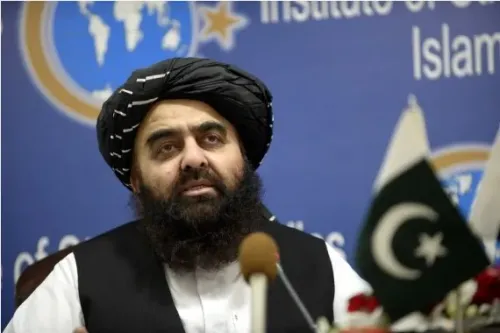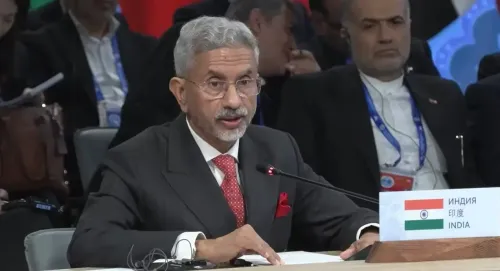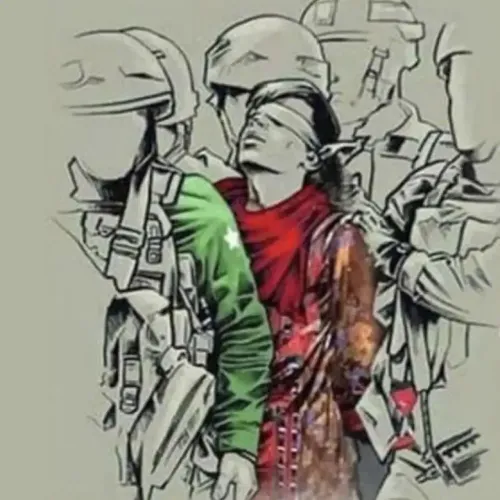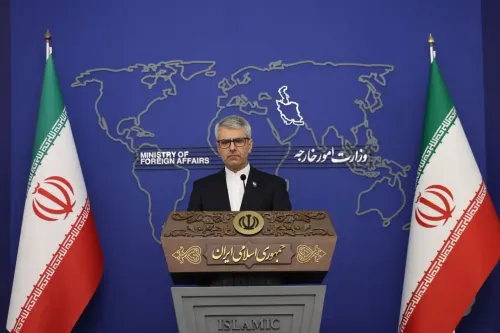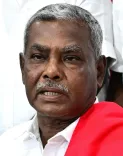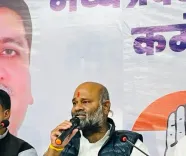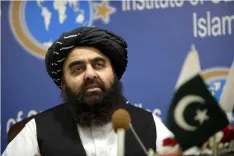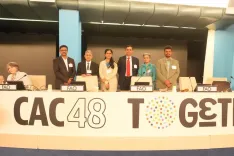Is Turkiye's High-Profile Delegation Visit to Pakistan for Afghan Peace Talks in Jeopardy?

Synopsis
Key Takeaways
- Turkiye’s delegation visit is uncertain.
- Mediation efforts involve multiple countries.
- Ongoing tensions pose risks to regional stability.
- Diplomatic communication is crucial.
- Long-term resolution requires involvement of major powers.
New Delhi, Nov 18 (NationPress) As various nations extend their hands for mediation between Afghanistan and Pakistan to resolve their border disputes, the anticipated visit of a prominent delegation from Turkiye remains clouded in uncertainty, with over a week elapsed since Ankara's announcement.
Turkiye previously facilitated the last two rounds of peace negotiations, where representatives from Kabul and Islamabad convened in the vibrant city of Istanbul to explore ways to establish a truce, as initially agreed upon in their Doha discussions.
Alongside Turkiye, Qatar is also contributing to the mediation efforts. An official statement from November 9 revealed that President Tayyip Erdogan had indicated that Turkiye's Foreign and Defence ministers, as well as the Intelligence chief, were slated to visit Pakistan that week (concluding November 16) to deliberate on the unresolved ceasefire discussions with Afghanistan.
However, reports from Afghanistan’s Tolo News last weekend highlighted that “neither Pakistan nor Turkiye has provided any clarity, leading to numerous questions.”
Analysts noted that the lack of communication from both Ankara and Islamabad “reflects the intricate nature of the situation, suggesting that resolution may not be straightforward.”
The report also mentioned that if Turkiye's “delegation has indeed made it to Pakistan, discussions may be taking place privately. Conversely, if the visit has been delayed, it could indicate significant rifts between Kabul and Islamabad.”
Meanwhile, Pakistani media recently cited a Russian broadcaster's announcement that Moscow has encouraged Kabul and Islamabad to settle their differences through diplomatic channels and has offered to assist in reducing tensions.
As per reports, Russia’s Foreign Ministry spokesperson Maria Zakharova emphasized that regional stability is a top priority for both Moscow and the global community.
This follows the recent statement from Iran's Foreign Minister, who announced Tehran's endeavors to orchestrate a regional meeting shortly to alleviate tensions between the two nations, which have been engaged in a verbal conflict and sporadic exchanges of fire across their unstable border.
Iran’s Abbas Araghchi expressed optimism that these efforts would yield “concrete results” and foster a broader dialogue among region stakeholders.
In a recent communication from Pakistan’s Foreign Ministry, Islamabad has welcomed Iran's initiative to facilitate discussions aimed at de-escalating tensions with Kabul.
The international community, including the United Nations, has raised alarms regarding the ongoing skirmishes and the presence of terrorist groups along the porous border, defined by the Durand Line.
The spike in hostilities, characterized by intermittent armed clashes and frequent incursions across the border, coupled with renewed debates surrounding the Durand Line itself, has exacerbated the situation. Previous attempts at achieving a long-term truce, facilitated by regional actors, faltered as both Islamabad and Kabul remained steadfast in their uncompromising demands.
In early October, Islamabad conducted airstrikes in Kabul and Paktika, purportedly targeting terrorist factions within Afghanistan, inciting robust protests from Kabul, which retaliated with a significant assault across border points.
This escalation prompted Qatar and Turkiye to initiate mediation talks between Afghanistan and Pakistan in Doha and Istanbul. However, subsequent negotiations—following an initial agreement for a truce—have stagnated, with both parties attributing blame for “unreasonable demands.”
Tolo News cited political analyst Barna Salehi, who asserted that without the involvement of major powers like the US, Russia, and China, resolving the Pak-Afghan border conflict remains unlikely.
Despite the unsuccessful mediation efforts by regional players, renewed attempts to mitigate tensions between Kabul and Islamabad persist, yet substantive outcomes remain elusive.

